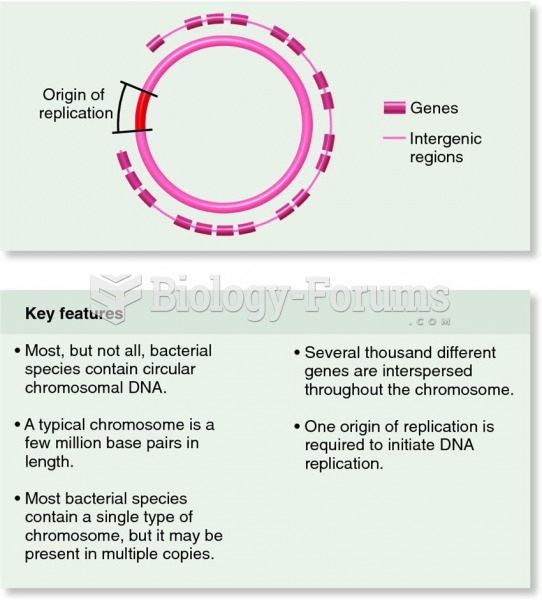|
|
|
Did you know?
More than 2,500 barbiturates have been synthesized. At the height of their popularity, about 50 were marketed for human use.
Did you know?
Medication errors are more common among seriously ill patients than with those with minor conditions.
Did you know?
Nitroglycerin is used to alleviate various heart-related conditions, and it is also the chief component of dynamite (but mixed in a solid clay base to stabilize it).
Did you know?
In 1844, Charles Goodyear obtained the first patent for a rubber condom.
Did you know?
Human kidneys will clean about 1 million gallons of blood in an average lifetime.







